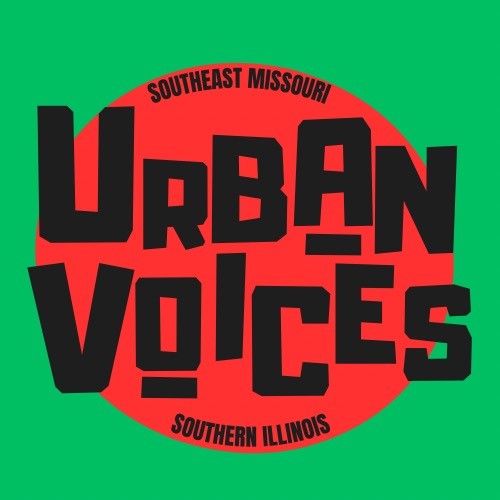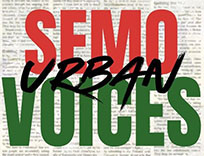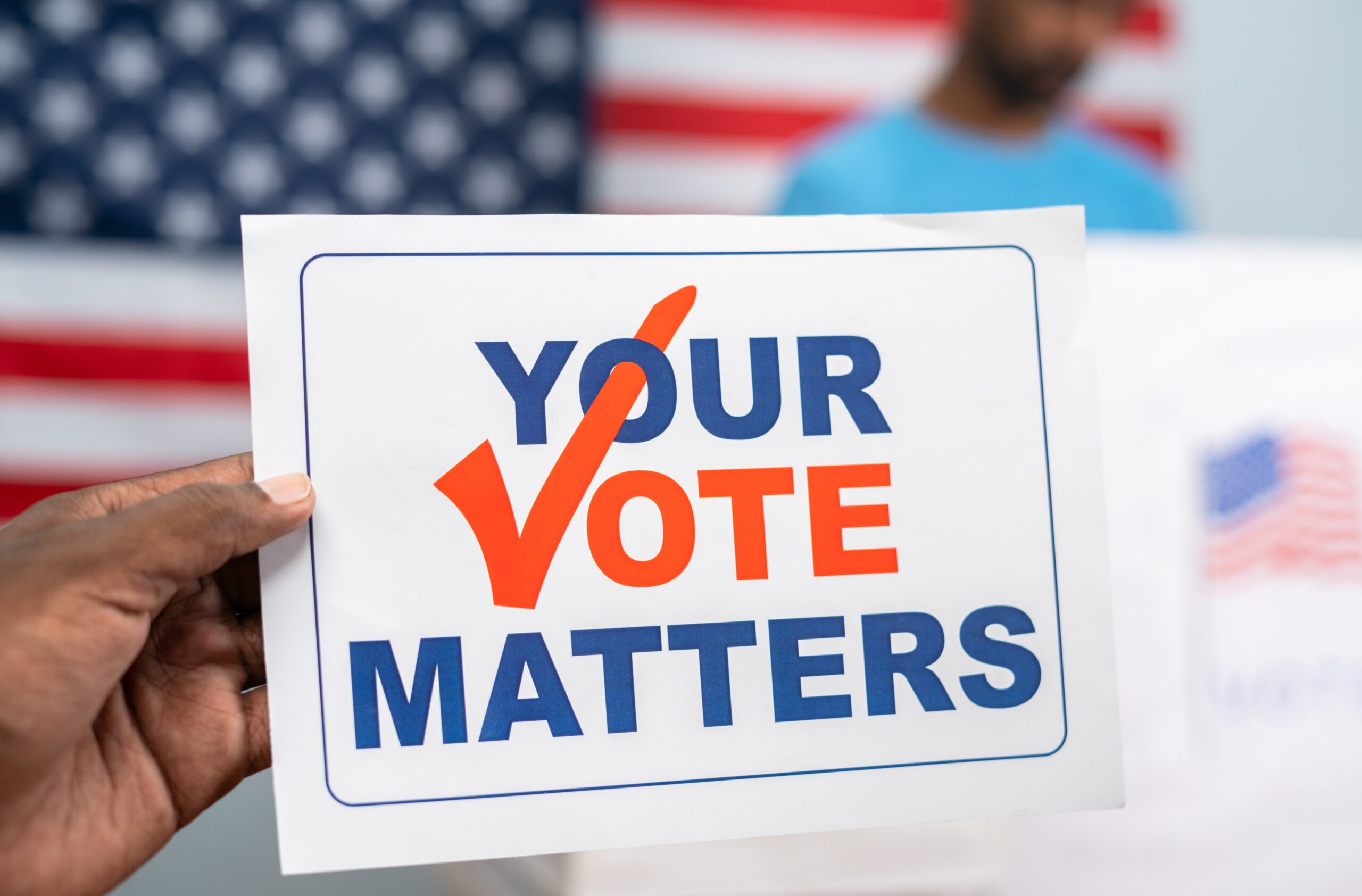In the Illinois 2024 general election, former President Donald Trump secured a strong foothold in the state’s southern counties, continuing a regional trend towards Republican preference despite Vice President Kamala Harris winning Illinois overall. While Harris became the ninth consecutive Democrat to win Illinois in a presidential race, the southern counties showed a pronounced Republican tilt.
Pulaski County State’s Attorney Race

One of the more closely watched local races was for The Pulaski County State’s Attorney where Democratic candidate Lynne Chambers was on the ballot. This race also saw a Republican win. Lisa Casper defeated Lynne Chambers, securing 62.8% of the vote, compared to Chambers’ 37.2%. This result aligns with the strong Republican preference across the county in both local and national races.
- Lisa Casper (R): 1,455 votes (62.8%)
- Lynne Chambers (D): 862 votes (37.2%)
Presidential Race by County
In Alexander County, the presidential results were as follows: - Donald Trump (R): 1,340 votes (59.1%)
- Kamala Harris (D): 903 votes (39.8%)
- Robert Kennedy (I): 26 votes (1.1%)
Other counties in southern Illinois similarly leaned Republican: - Massac County: Trump led with 4,936 votes (74%), Harris received 1,678 votes (25.2%), and Kennedy captured 54 votes (0.8%).
- Pulaski County: Trump garnered 1,579 votes (66.6%), while Harris received 767 votes (32.3%) and Kennedy again took 25 votes (1.1%).
Congressional Races - In Illinois’ 12th District, incumbent Mike Bost (R) won comfortably with 269,343 votes, or 74.5% of the vote, continuing Republican representation for the district.
These results reflect a continued trend, as many southern Illinois counties have increasingly leaned toward Republican candidates in recent years. While Illinois has traditionally been a Democratic stronghold due to voter concentration in Cook County and surrounding areas, the political landscape remains diverse, with more conservative support in the southern regions.
Statewide Advisory Referendum Questions
Illinois voters were also presented with three advisory questions, marking the first time in over a decade that such issues appeared on the general election ballot. These questions, which were non-binding, covered election security, income tax for high earners, and health insurance for in vitro fertilization.
- Question 1: Penalties for Election Interference
o Yes: 88.7% (4,575,920 votes)
o No: 11.3% (582,058 votes) This question asked voters if candidates interfering with election workers’ duties should face civil penalties. The strong affirmative response indicates substantial support for bolstering election security measures. - Question 2: Income Tax on Higher Earners for Property Tax Relief
o Yes: 60.2% (3,105,481 votes)
o No: 39.8% (2,054,337 votes) This measure sought opinions on raising taxes for income over $1 million to provide property tax relief. With a solid majority in favor, it suggests voter interest in tax relief measures funded by high-income brackets. - Question 3: Health Insurance Coverage for In Vitro Fertilization
o Yes: 72.2% (3,712,022 votes)
o No: 27.8% (1,426,767 votes) This measure gauged support for requiring health insurance to cover in vitro fertilization. The result shows a strong majority supporting expanded reproductive health benefits.
The 2024 election results underscore the growing partisan divide between urban and rural Illinois. While Democrats maintain control over statewide offices and high-density urban centers, southern Illinois continues to show strong Republican support in both national and local races.




























